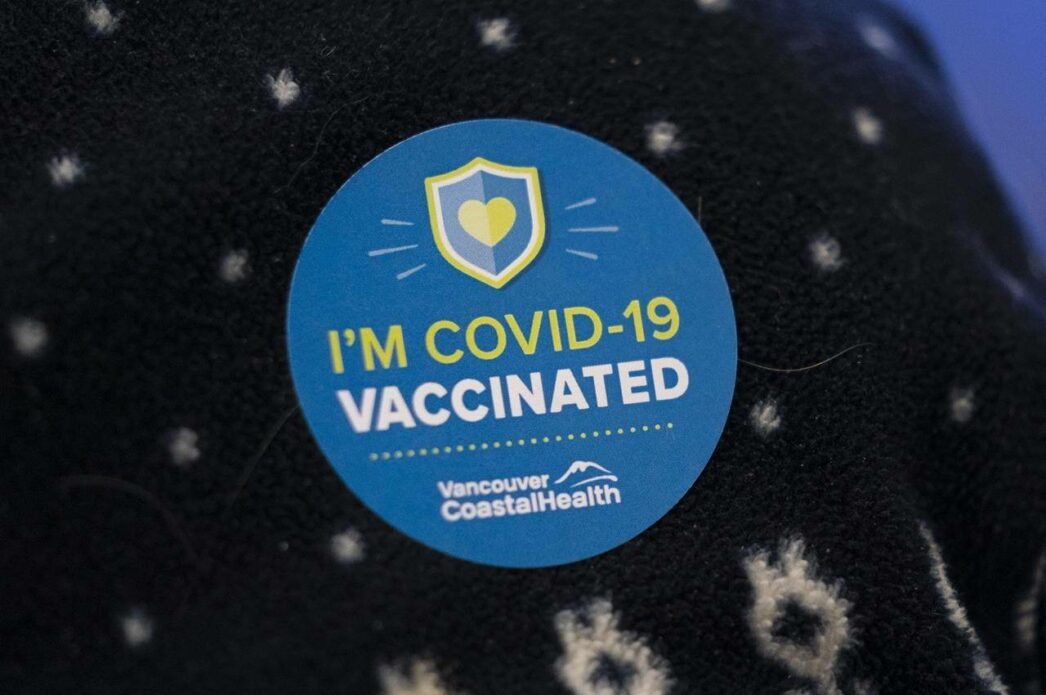Immunizations help protect the human body and prevent the spread of infectious diseases, such as COVID-19. As cities across Canada begin to re-open in hopes of returning to normal, everyone who is able to should get vaccinated.
Vaccine Eligibility
As vaccine administration began across Canada, frontline workers and senior citizens over the age of 80 were prioritized in receiving the vaccine as they were considered to be at the highest risk of contracting the virus. As Canada began to receive more vaccines, the eligibility for individuals broadened; people living in hot spots, individuals who could not work from home, and those with certain health conditions became eligible for the vaccine. However, individuals with disabilities were not a part of these eligible groups in most provinces.
Canadians with disabilities have been disproportionately affected by health, social, and economic impacts for years, and this is one more way the government has forgotten about their needs. Although many individuals with disabilities are living amongst everyone else in their communities, people with disabilities may have a heightened risk of contracting COVID-19, as they not only have increased interactions with support systems but may also have other medical conditions, further expanding their risk.
Clinics with Accommodations
As vaccine eligibility has now opened to all Canadians, some clinics across the country have made accommodations to help those with disabilities.
Ontario
Sudbury and Timmins Public Health Units have been hosting special sensory-friendly COVID-19 vaccine clinics for individuals who struggle with conventional clinics. These clinics are designed for individuals with developmental disabilities, such as Fetal Alcohol Spectrum Disorder (FASD). These clinics are providing accommodations by dimming lights, limiting the number of people in the clinics, keeping a quiet noise level, and operating at a slower place to help individuals over the age of twelve.
Surrey Place in Toronto is accepting accommodation requests for people with intellectual and developmental disabilities. For accommodations, they are asking individuals to fill out a form with their requests on how the clinic can better serve them.
CAMH clinics are doing their best to provide assistance and accommodations for individuals where needed. These clinics are smaller and offer a lower-stimulation environment, where staff members have been trained to better support individuals with mental illness’, substance use disorders, dementia, and other neurodevelopmental disabilities.
Manitoba
Clinics throughout Manitoba are offering accommodations to those with disabilities.
Clients of the disABILITY Service programs who require additional accommodations for vaccinations are encouraged to contact their community service worker to discuss their options; whereas, clients of the Children’s disABILITY Service programs requiring extra assistance/accommodations are encouraged to contact the vaccination call centre.
Abilities Manitoba has been partnering with various communities offering support/accommodations for individuals with intellectual disabilities, their families, and staff, including home delivery of the vaccine.
Alberta
Throughout the province of Alberta, there are low stimulus clinicsthat are willing to accommodate individual specialized needs throughout the vaccination process.
Quebec
The CIUSSS de l’Ouest-de-l’Île-de-Montréalis offering accommodations for people with intellectual disabilities in a more welcoming environment. The clinics are ensuring everyone is getting vaccinated in a positive environment, with no long lineups, large crowds, or loud noises.
Local Pharmacies
Local pharmacies are also offering vaccinations and can often be more accommodating than a larger clinic. Connect with your local pharmacy to ask.
With more than one in five Canadians living with disabilities, more organizations need to follow the lead of these clinics and provide vaccination accommodations for people with disabilities, including those with FASD.

